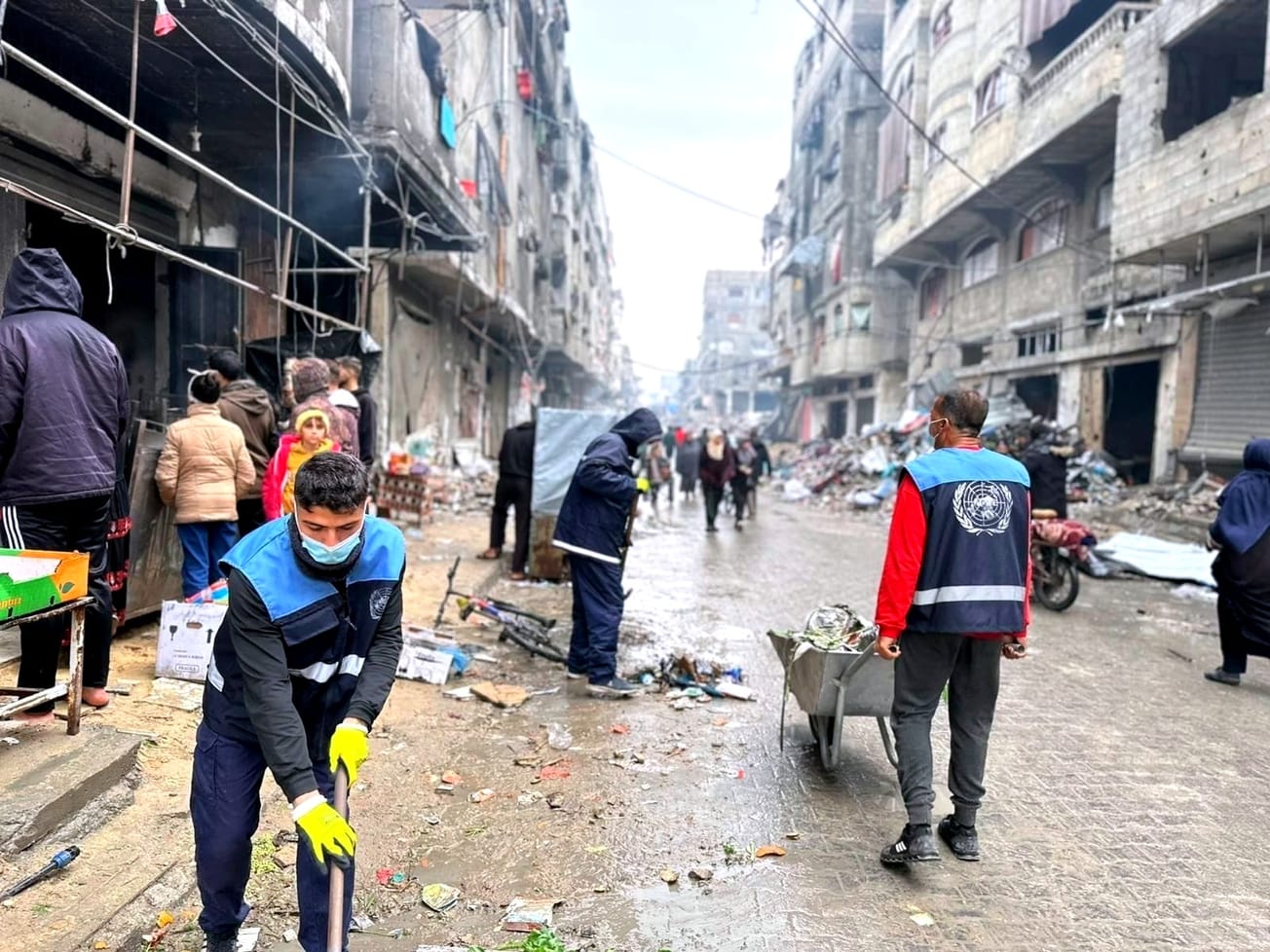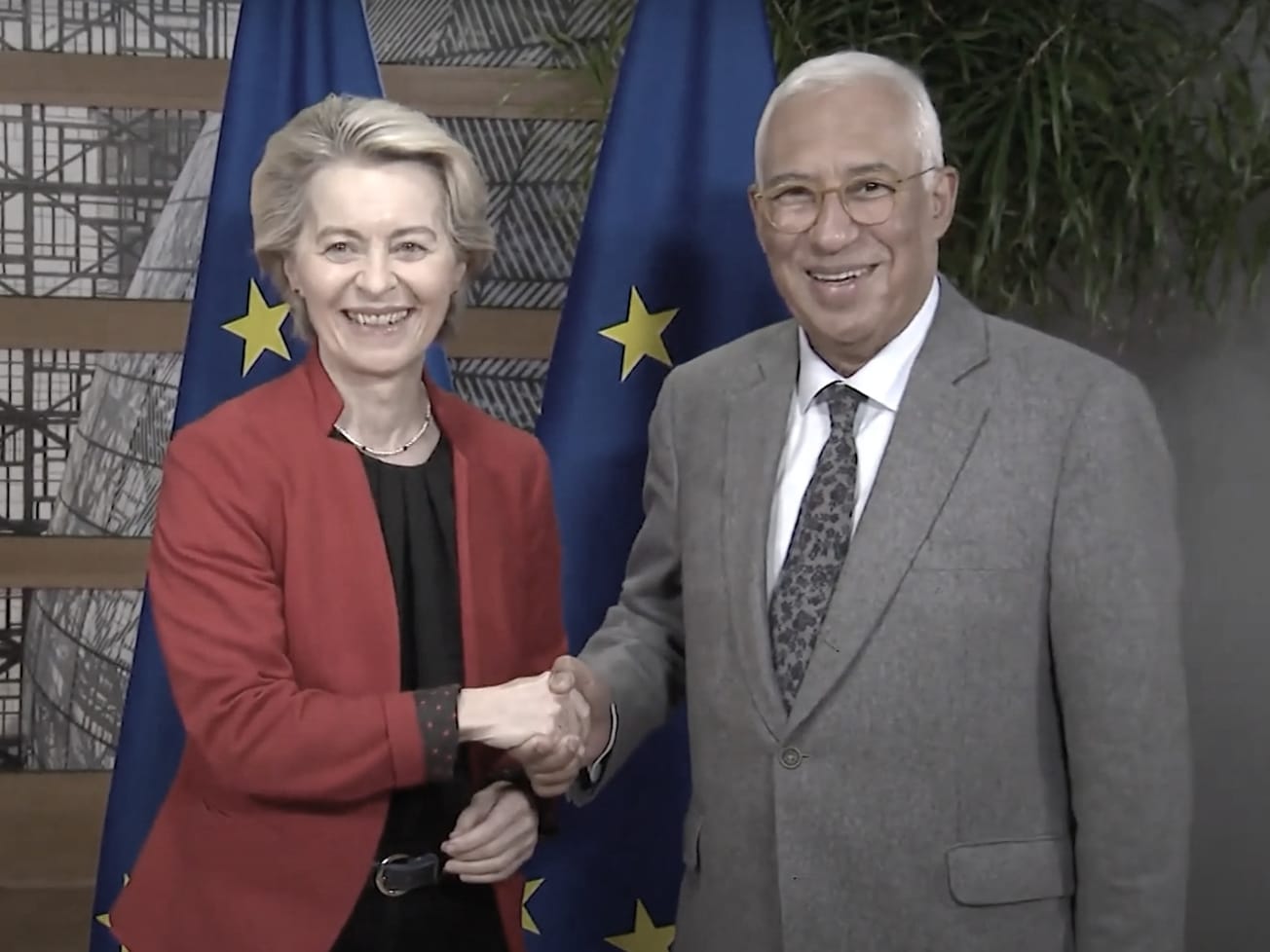GENEVA (AN) — A significant portion of staff with the United Nations Office at Geneva failed to report their vaccination status despite a requirement to do so, and the majority of those that did share that information said they were not fully vaccinated, a new internal audit shows.
After the World Health Organization declared COVID-19 to be a pandemic on March 11, 2020, the Swiss-based office for the U.N. secretariat spent US$1.6 million that year to respond to the health crisis and by the end of last year more than 400 of its staff had contracted the virus, all of whom recovered, according to an audit released on Monday by the U.N. Office of Internal Oversight Services, or OIOS.









